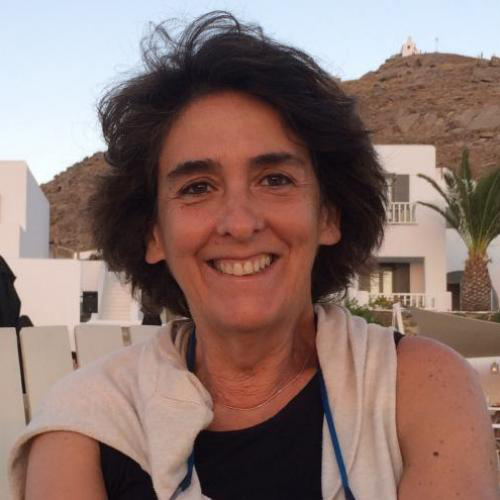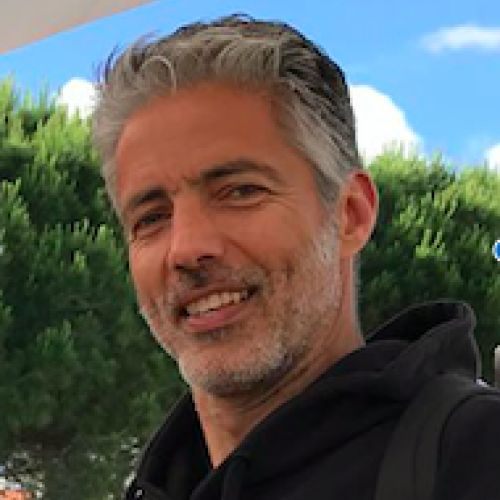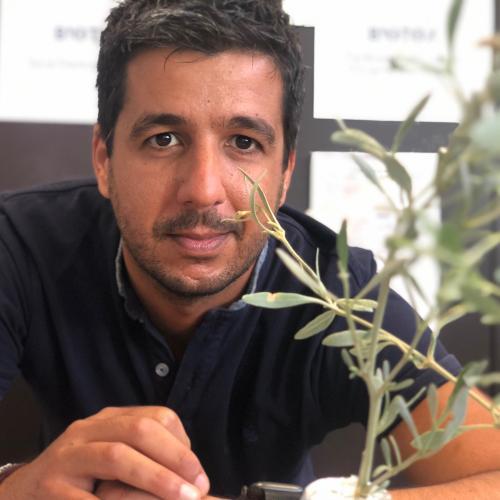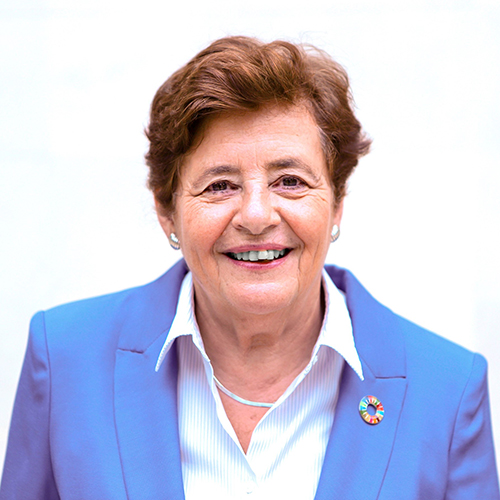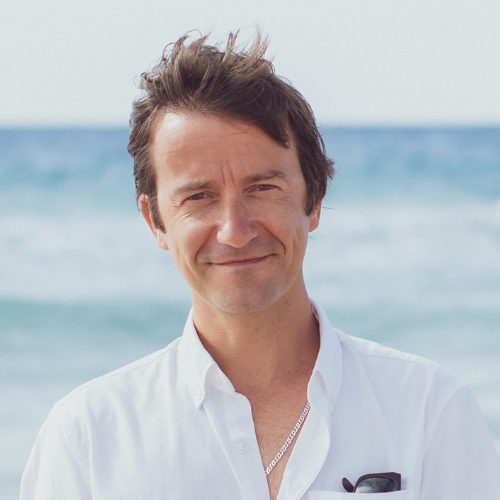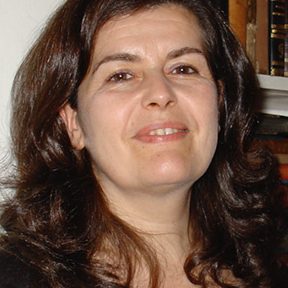Assessment and Management of Environmental Risks
ACTION DOMAINSPhoto © Yvonne Einerhand
The Assessment and Management of Environmental Risk action domain includes the development of risk indexes and monitoring procedures to address stressors that affect specific ecosystems and habitats, and the optimization of methodologies for Environmental Impact Assessment (EIA) and Strategic Environmental Assessment (SEA).
The innovative research developed in this area encompasses sources, fate, routes of exposure and effects of emerging pollutants and other anthropogenic stressors, including their prevention and reduction.
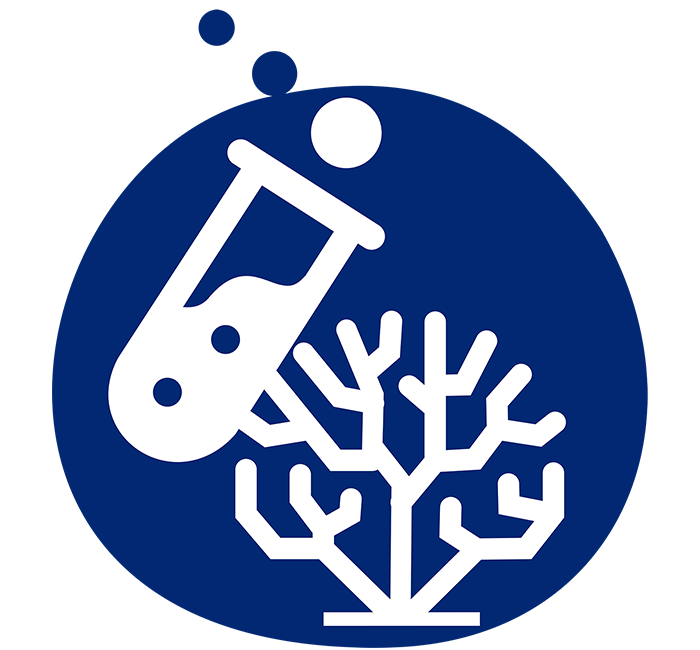
Public Policies & Strategies
- European Mission Starfish 2030
- Water Framework Directive (2000/60/EC)
- Marine Strategy Framework Directive (2008/56/EC)
- European Nitrates Directive (91/676/CEE)
- Single-use plastics directive (SUP Directive)
- National Waste Management Plan
- National Strategy for the Sea 2021-2030, particularly with its strategic objectives OE1 – Combat Climate Change and Pollution and Restore Ecosystems, OE4 – Sustainability and Food Security, and OE7 – Stimulating Scientific Knowledge, Technological Development and Blue Innovation.

